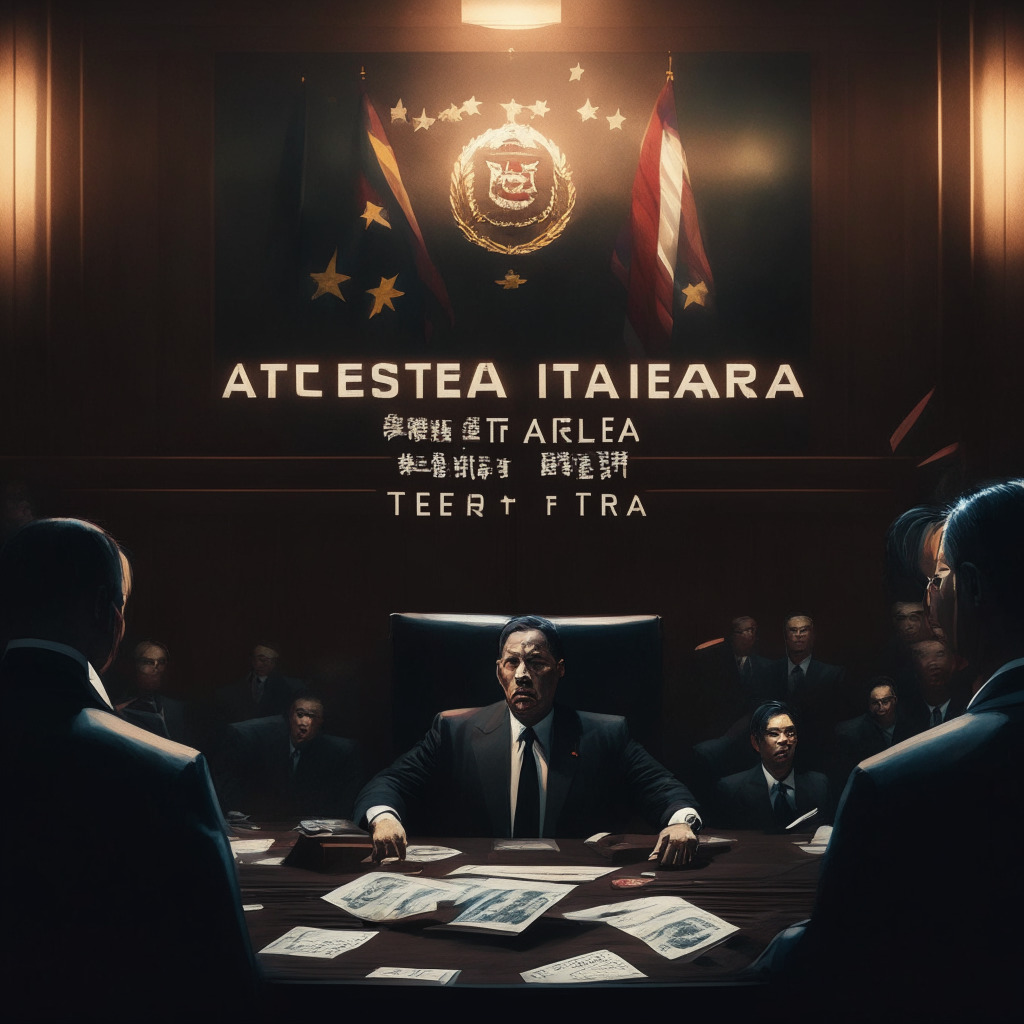South Korean authorities have requested the extradition of the co-founder and former CEO of Terraform Labs, Do Kwon, with the belief that bringing him to South Korea would be the best course of action for victims of the TerraUSD (USTC) and LUNA token collapses. According to Dan Sung-han, the leader of the South Korean prosecutors investigating the case, most of the alleged crimes took place in South Korea. He believes that conducting the investigation there would efficiently serve justice for investors.
Kwon, a South Korean citizen, was arrested in Montenegro in March and charged with document forgery. Both the United States and South Korea are making efforts to extradite the Terra co-founder. Regulatory authorities in Singapore are also interested in his extradition.
However, deciding on Kwon’s extradition is not straightforward. Montenegrin Justice Minister Marko Kovač has stated that various factors will be considered in the decision, such as the severity of the crime, as well as the location and time. Montenegro has no extradition treaty with Singapore or South Korea but does have an existing agreement with the United States.
The case against Kwon comes after South Korean officials indicted Shin Hyun-seong, also a co-founder of Terraform Labs, along with nine others. These individuals were charged with fraud, breach of trust, and embezzlement in connection with the collapse of the Terra ecosystem. Prosecutors have accused them of making illicit profits worth nearly $350 million. If Kwon is extradited to South Korea, he would face similar charges with a possible jail term of up to 40 years.
Terraform Labs was one of the first crypto firms to introduce the concept of algorithmic stablecoins. The company’s collapse began with the native stablecoin, TerraClassicUSD, depegging from the U.S. dollar in May 2022. This event sparked a snowball crisis in the crypto industry last year, with nearly $40 billion wiped out of the Terra ecosystem.
The extradition of Kwon would be a critical step in addressing this crisis and seeking justice for the affected investors. However, the complexities surrounding extradition agreements and the diverse interests of different countries make it difficult to predict what will happen next in this case. The ultimate decision lies in the hands of Montenegrin authorities, who must balance the rights and interests of multiple parties before reaching a conclusion. Whatever the outcome, this case highlights the need for greater international cooperation and regulation in the crypto industry to protect investors from potential fraud and loss.
Source: Cointelegraph




